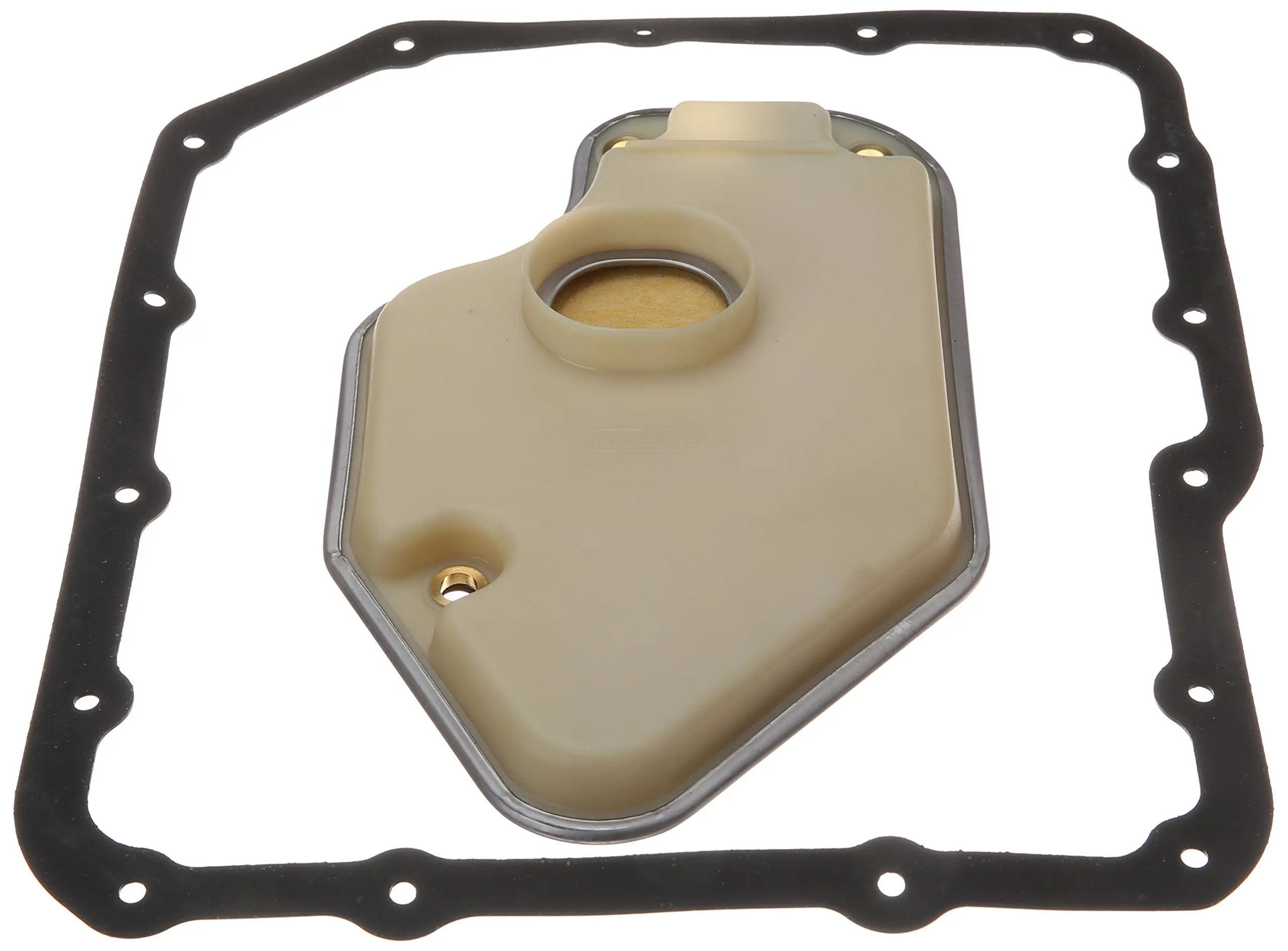

You should also avoid heavy towing or hauling, which can put a strain on the transmission. This will help keep the transmission in good shape and catch any potential problems before they become serious. One way to do that is to get your car serviced regularly. It can be a very costly repair, so it’s best to avoid transmission problems in the first place. If you’ve ever had your transmission fail, then you know just how important it is. It sounds like a lot of complicated stuff, but it all happens automatically and most of the time you don’t even notice it. When it’s time to shift, the computer opens and closes the clutch plates to disengage and engage the appropriate gears. The computer is constantly monitoring speed and load sensors to figure out when to shift gears.

They’re controlled by hydraulic fluid that’s pressurized by the transmission’s computer. The clutch plates are what actually engage and disengage the gears. When you put your foot on the gas, the engine revs up and rotates the input shaft, which in turn spins the gears in the transmission.
#TRANSMISSION FILTER SYMPTOMS SERIES#
The transmission has a series of gears that are connected to the engine via a system of clutch plates. It’s basically a big gearbox that changes gears automatically based on speed and load. The basics of an automatic transmission are actually quite simple. The automatic transmission is one of the most important parts of your car, and it’s also one of the more complex systems.

In rare cases, the problem is in the torque converter which needs to be replaced. As the usual cause is low or dirty fluid, you can solve it by replacing the fluid or filter. It could be low transmission fluid, a dirty transmission filter, or a failing torque converter. If your car is jerking when stopped in drive, there are a few possible causes. You may not know what is wrong with your car, or what to do about it. If your car jerks when you stop in drive, it can be a scary and potentially dangerous experience.


 0 kommentar(er)
0 kommentar(er)
